We have all been sold on the fact that newborns need to listen to classical music, but is that really necessary? There are so many great genres of music out there, why can’t different genres have an equally amazing effect on newborns or children in general? Well, the Mozart Effect as you have probably heard over and over again from other moms, doctors, and developmental classes, in general, isn’t as proven as most people make it out to be. You see there was a study where playing Mozart was thought to increase a child’s IQ and brain function. The truth is that this effect comes from a 1993 study by psychologist Frances Raucher. In her study she had college students ( not newborns) listen to Mozart for 10 minutes before a test and increased their spatial IQ points by 8. Which is amazing, but then this became known as the Mozart Effect and was said to actually work perfectly for children as well. Specifically, it had to be Mozart being played. I guess not just any composer can stand the test of time like Mozart.

While Mozart worked wonders for the college students and their grades it has never been proven to help improve or hurt a babies IQ or brain function. Now what scientists have actually found is that there is an increased communication verbally and rhythmically by babies who listen to music and interact with play musical instruments. University of Washington’s Institute for Learning & Brain Sciences (I-LABS) found that playing music to 9-month old babies they are able to increase their verbal skills and rhythm not only in speech but in all parts of life. Meaning that this actually affects their neurological development and that music does matter.
“Our study is the first to demonstrate that a type of enriched experience with sound other than language can influence infants’ speech sound processing,” lead researcher Christina Zhao said regarding the study.
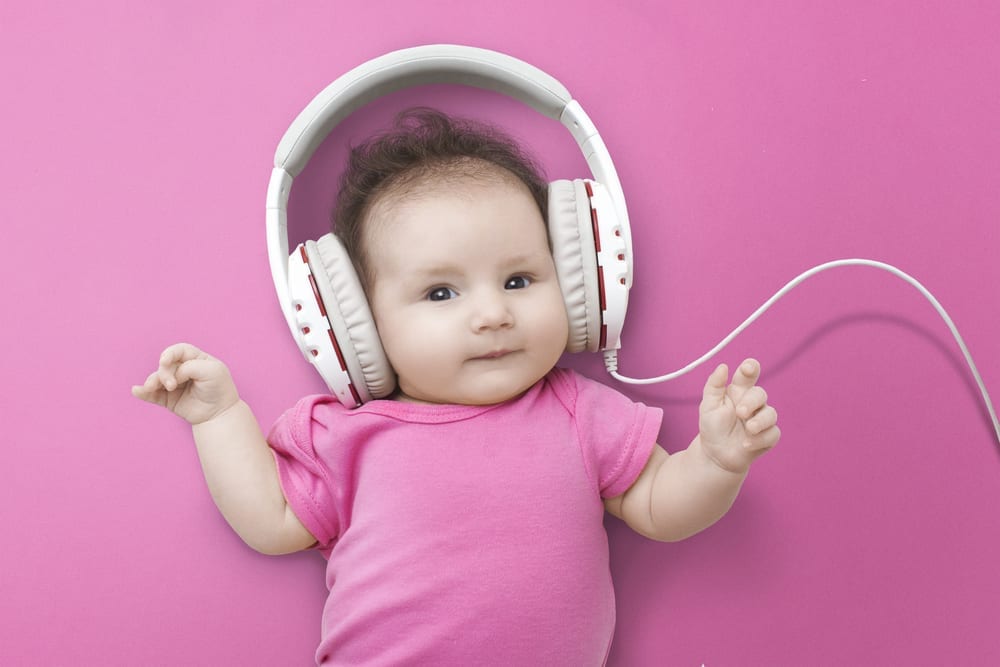
There was also another study that played baby Einstein music in the background while children played with toys and while they didn’t. What they found was the interaction plus the music really increased cognitive function more so than just passive listening, but passive listening also helped and influenced their neurological development.
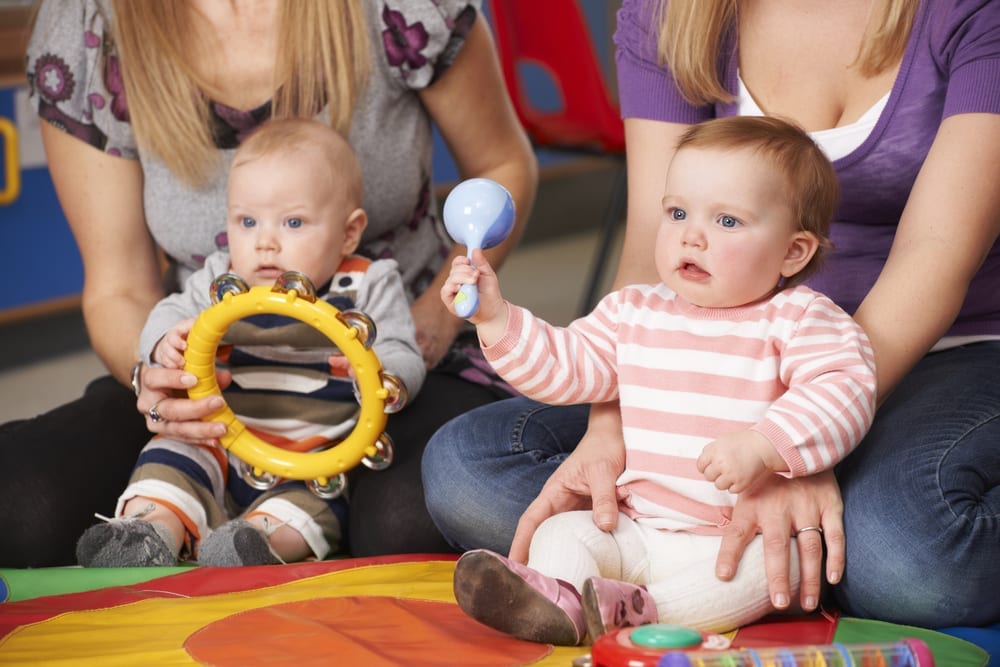
“Babies who participated in the interactive music classes with their parents showed earlier sensitivity to the pitch structure in music,” says Laurel Trainor, director of the McMaster Institute for Music and the Mind. “Specifically, they preferred to listen to a version of a piano piece that stayed in key, versus a version that included out-of-key notes.”

So while we know that music is genuinely good for not only unborn children but newborns the question is does it have to always be classical or Mozart? Aren’t there other genres that babies could benefit from? The answer is yes there are different genres that can help your baby, but there are also some genres you should stay away from for multiple reasons. For instance, the music shouldn’t be too noisy, chaotic or loud. If you’re playing scream-o rock music to your baby not only will they probably not find that pleasant, but it could have the opposite effect on your child. Also, studies have shown that soft music is something that helps babies develop calming and pleasant personalities. So it’s important not to play loud crazy music. Aside from that here are the TOP or BEST genres for stimulating your babies brain.
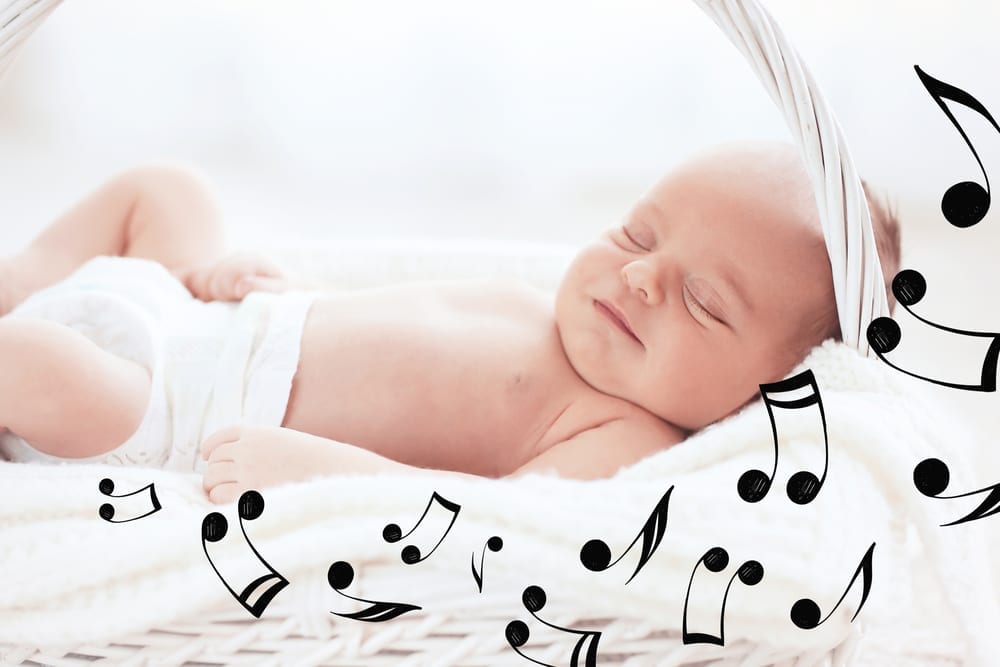
Classical is a fantastic choice. No, it doesn’t have to be Mozart. Studies show that babies brains have a higher level of functioning with classical music. It’s not about the words so much as it is the child picking up on listening to the different instruments and recognizing beat changes. So be sure to waltz around the house with your little Mozart. I highly recommend trying Chopin.
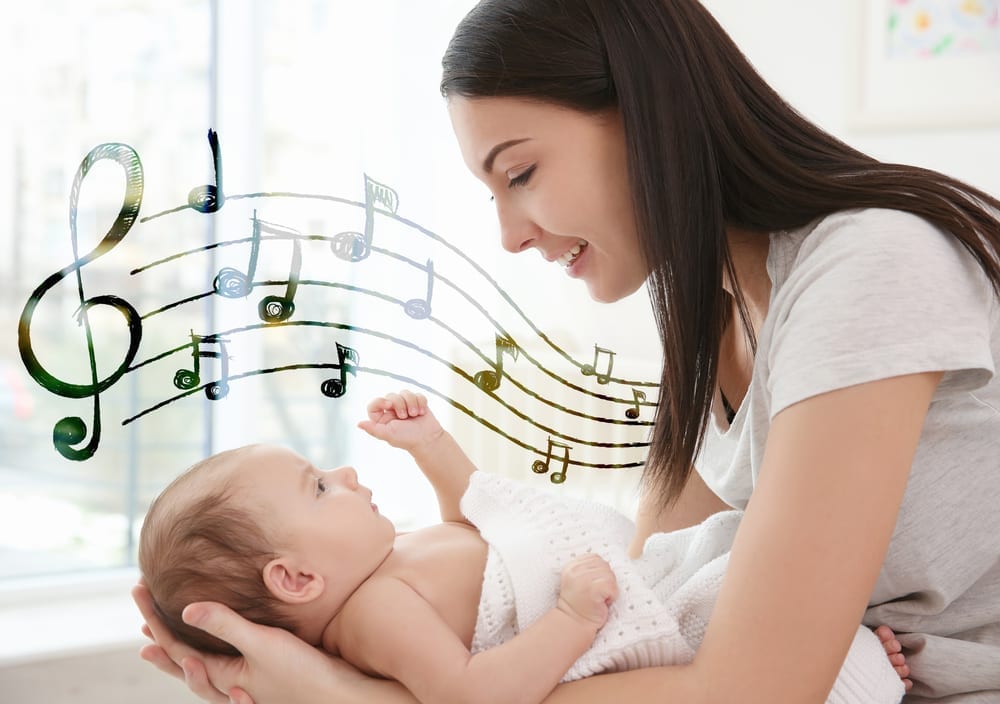
Big bands aren’t just good for a 1920’s- 40’s get-together. They are also wonderful for children to listen to them. If you want to up the development of your child throw on some Benny Goodman and have your child bang on pots and pans to the rhythm. This will develop them quicker and better! Also, who doesn’t love some good old fashioned big band and swing music? Your baby will and so will you. Maybe even Captain America will show up. You never know!
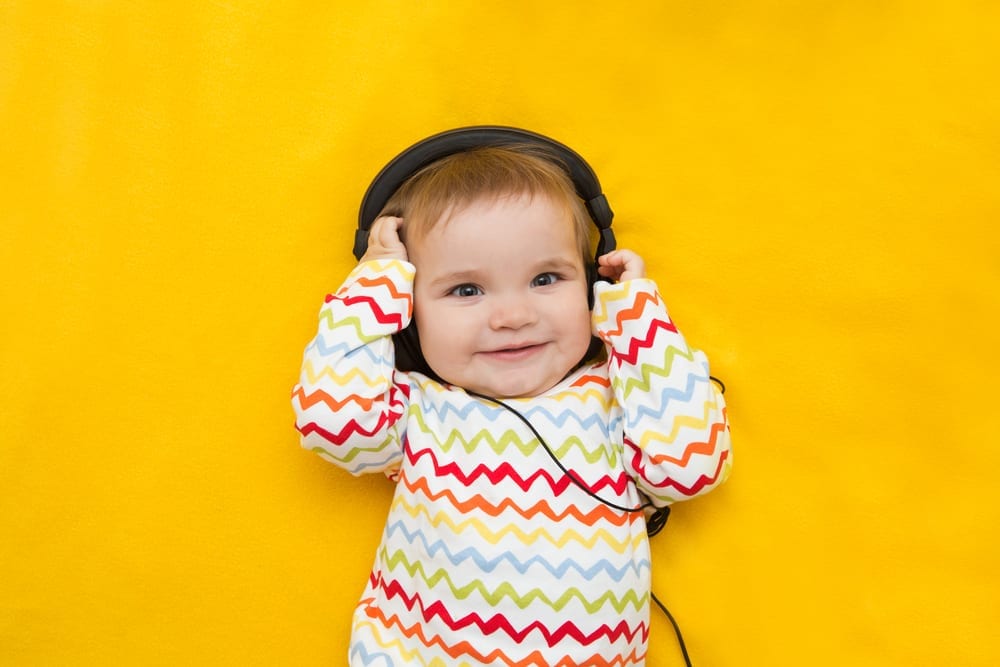
African dance or Reggae music is actually quite soothing to children as well. Not only will your newborn learn and pick up on rhythm with this genre, but they will have a complex neurological connection to rhythmic beats and drums you can’t get from other genres. This is perfect for the development of your child. Since this specific genre tends to solely focus on rhythm it’s perfect for verbal rhythm cues.

Love songs from yesteryear. Any love songs from the 1940s – 1980s that are soft sounding are perfect for developing your child’s pleasant personality and keeping them calm. Not only that but they often have complex cords and complex words that your baby will be picking up on quicker than you think. So keep these songs and music choices PG! After all, everyone loves some Gladys Knight and Jim Croce.

Kids songs and Lullabies are perfect for developing your child’s vocabulary and neurons. While this is an obvious genre and I wouldn’t leave it out you don’t have to be stuck to kid’s songs and lullabies. There are plenty of soft rock artists and other musical genres that have children’s lullabies and songs that adults will also enjoy. So look out for an adult folk version of lullabies or indie versions lullabies. They have them and they are magical for both you and your baby. Rockabye Baby can be played in more than one genre and believe it or not, it’s great in quite a few versions. Lullabies don’t always have to play at night either, but if you’re getting your child in a routine it’s best to keep the lullabies to right before bed. You don’t want to confuse them or they won’t go to sleep when they are supposed to. Which, with a newborn, is already a challenge.

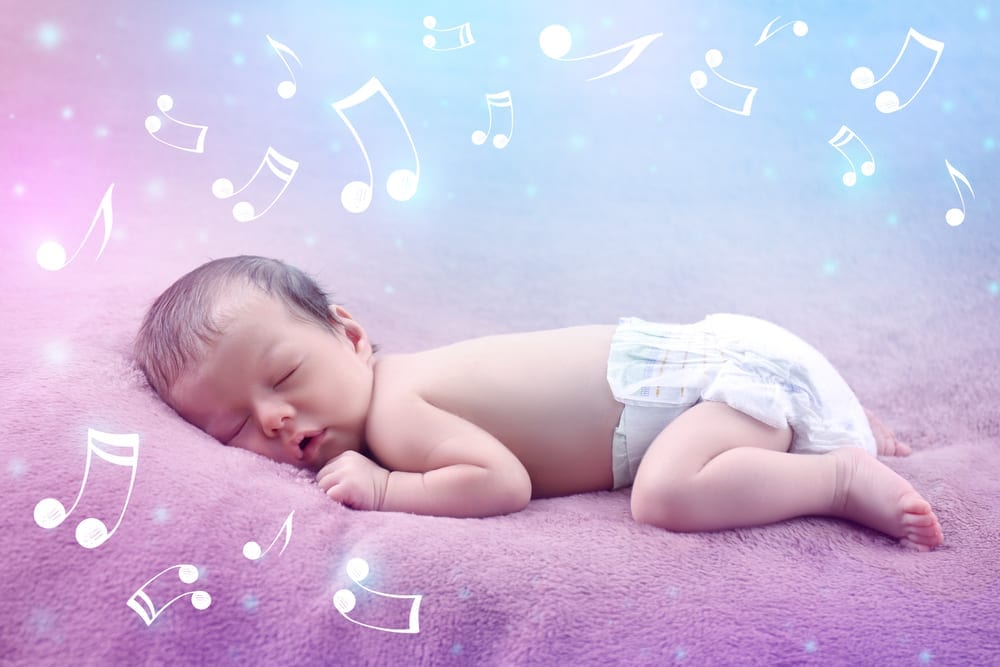

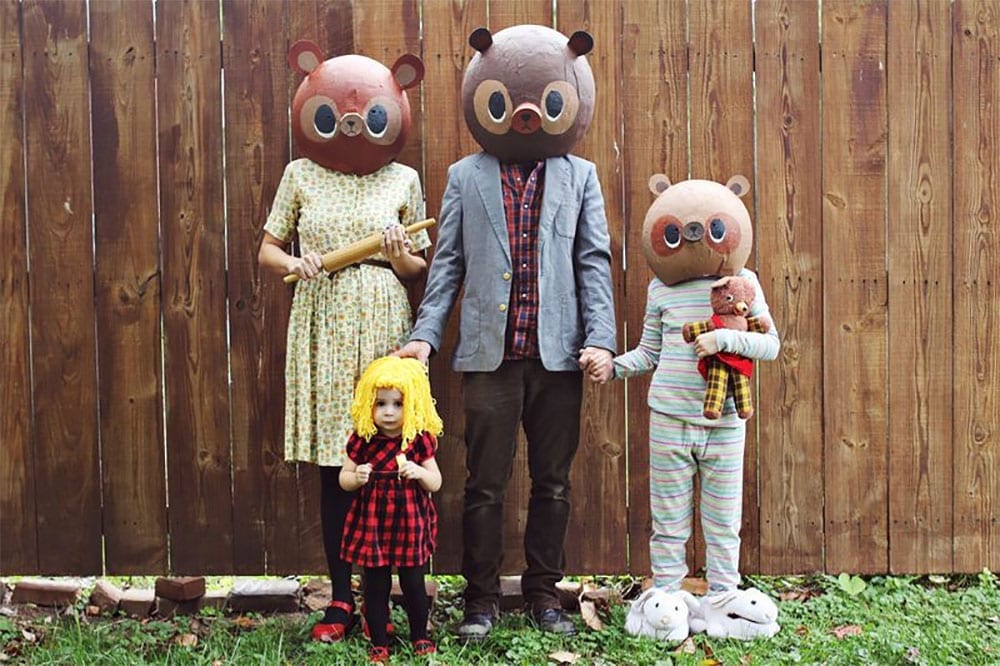

Leave a Comment